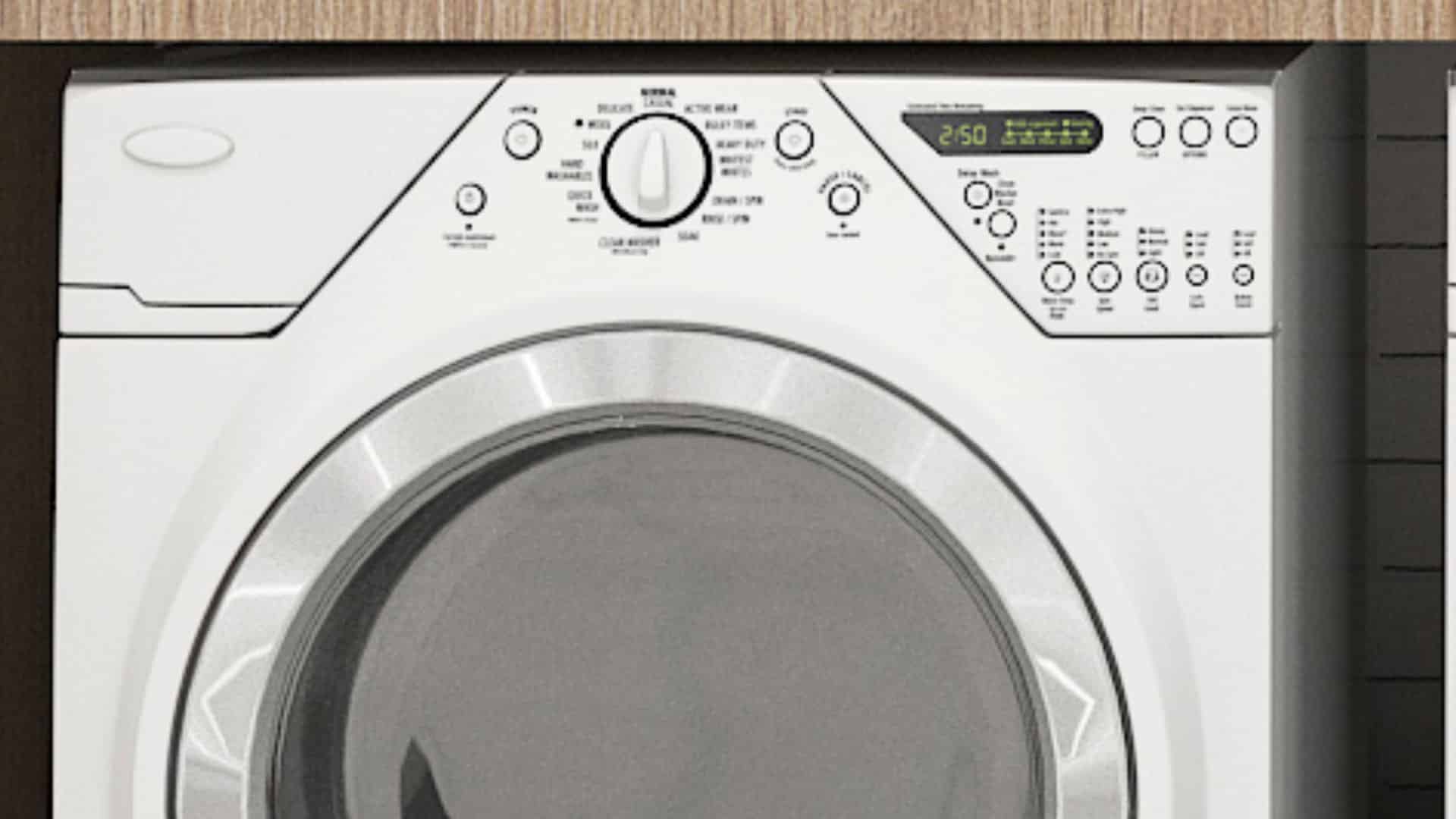Professional appliance repair doesn’t just keep your appliances running correctly. When an appliance begins acting up, it isn’t just a matter of convenience. In many cases, it can also be a matter of home safety. Faulty appliances cause thousands of home fires each year.
Some faulty appliances might not cause any problems, but there are times when it can put you and your family at risk. Telling the difference between a broken appliance and a fire hazzard can be difficult. Most homeowners don’t have the tools or the training to properly diagnose broken appliances for fire safety.
A good rule of thumb is to always call a professional appliance repair company when any appliance begins to act up. Here are three tips that can help you figure out how serious that broken appliance really is.
- Odd Smells – Smoke isn’t the only sign of fire. Most appliance fires can be avoided by learning to recognize certain smells. Appliance fires smell different than most other types of fire. They usually begin with the smell of melting plastic. Melting plastic has a unique smell and is caused by the overheating of wiring, typically inside the appliance.
- Electrical Fluctuations – Broken appliances can also cause electrical fires within the walls of your home. Some broken appliances will pull additional power in an attempt to keep running. Pulling this exta power can cause lights to flicker or breaker boxes to throw a fuse. Prolonged electrical problems of this type can overheat the wiring inside the walls of your home and cause a fire.
- Strange Sounds – Appliances start making strange sounds when they begin acting up. But some of those sounds could indicate a fire hazzard. Appliances will make unique sounds when they pull larger amounts of power in order to keep running which can cause the same electrical fluctuations described above.
When an appliance begins to act up, call a professional repair company. Proper repair not only keeps your appliances running but keeps your home safe. Please contact us for more information.
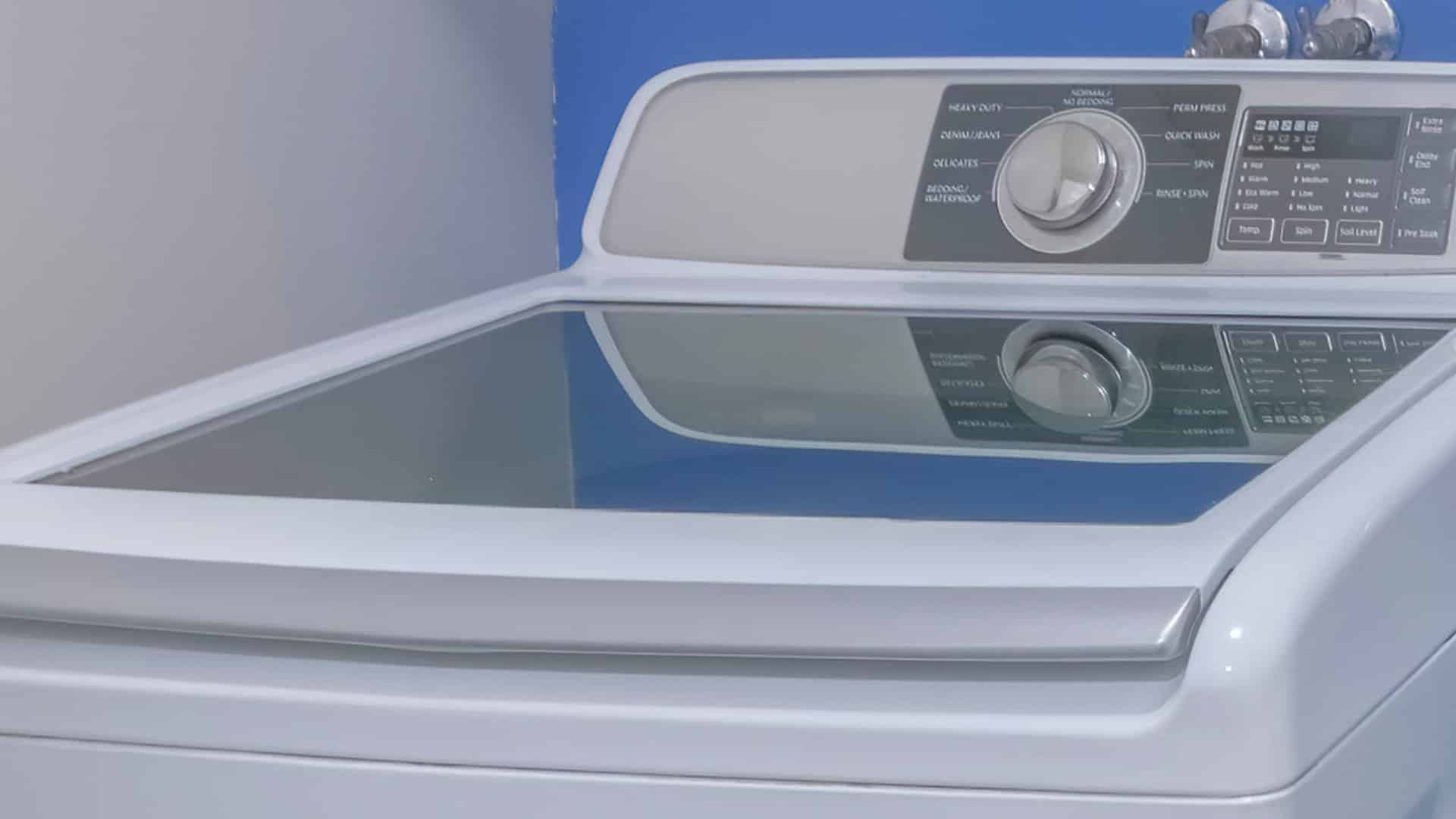
How to Fix the nF Error Code on a Samsung Washer

Kenmore Elite Dryer Issues: How To Troubleshoot
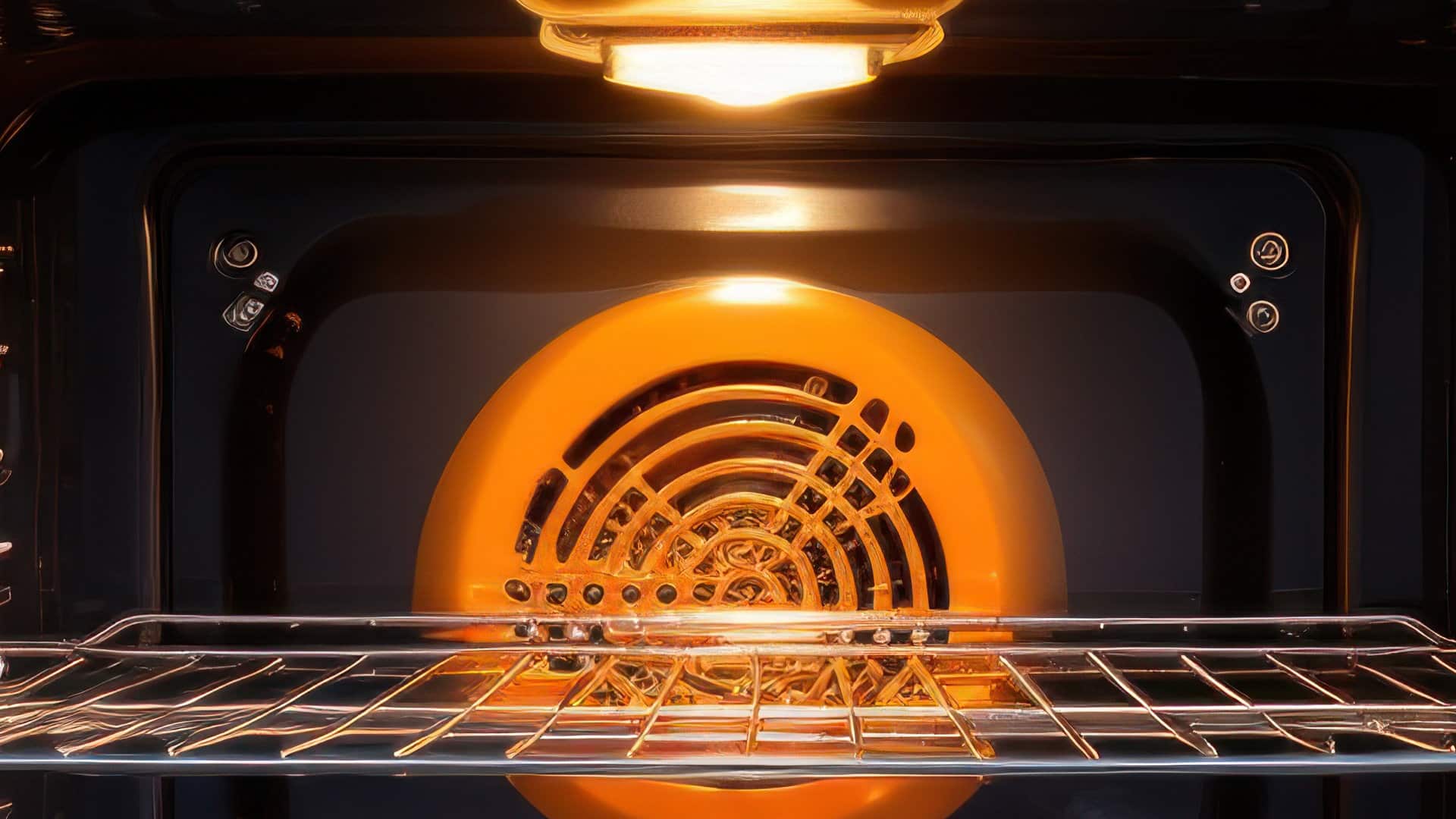
Microwave vs. Oven: Pros and Cons and How They Differ
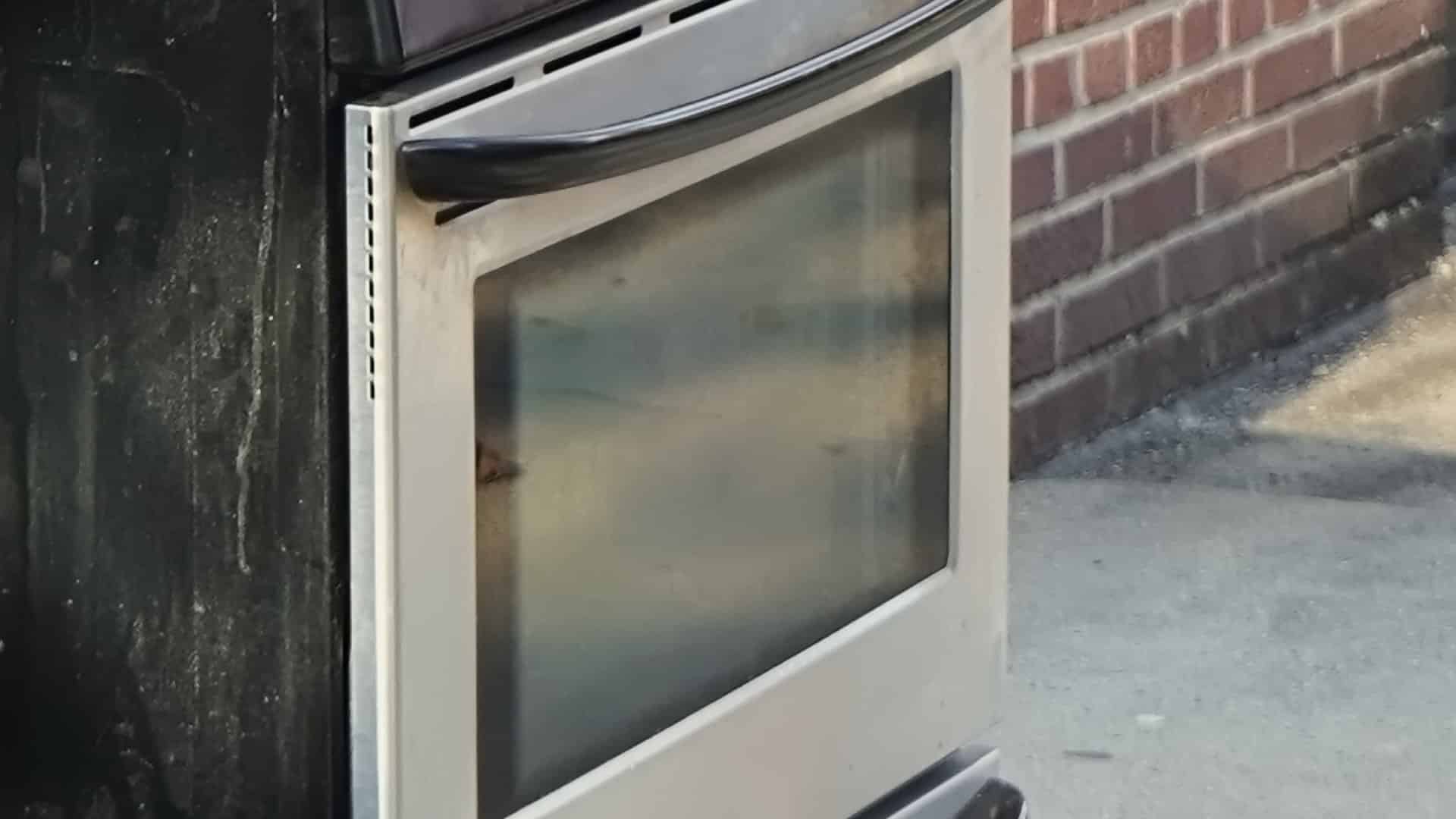
Self-Cleaning Oven Smell: Causes & Odor Reduction Tips

Frigidaire Ice Maker Not Working? 7 Ways to Fix It
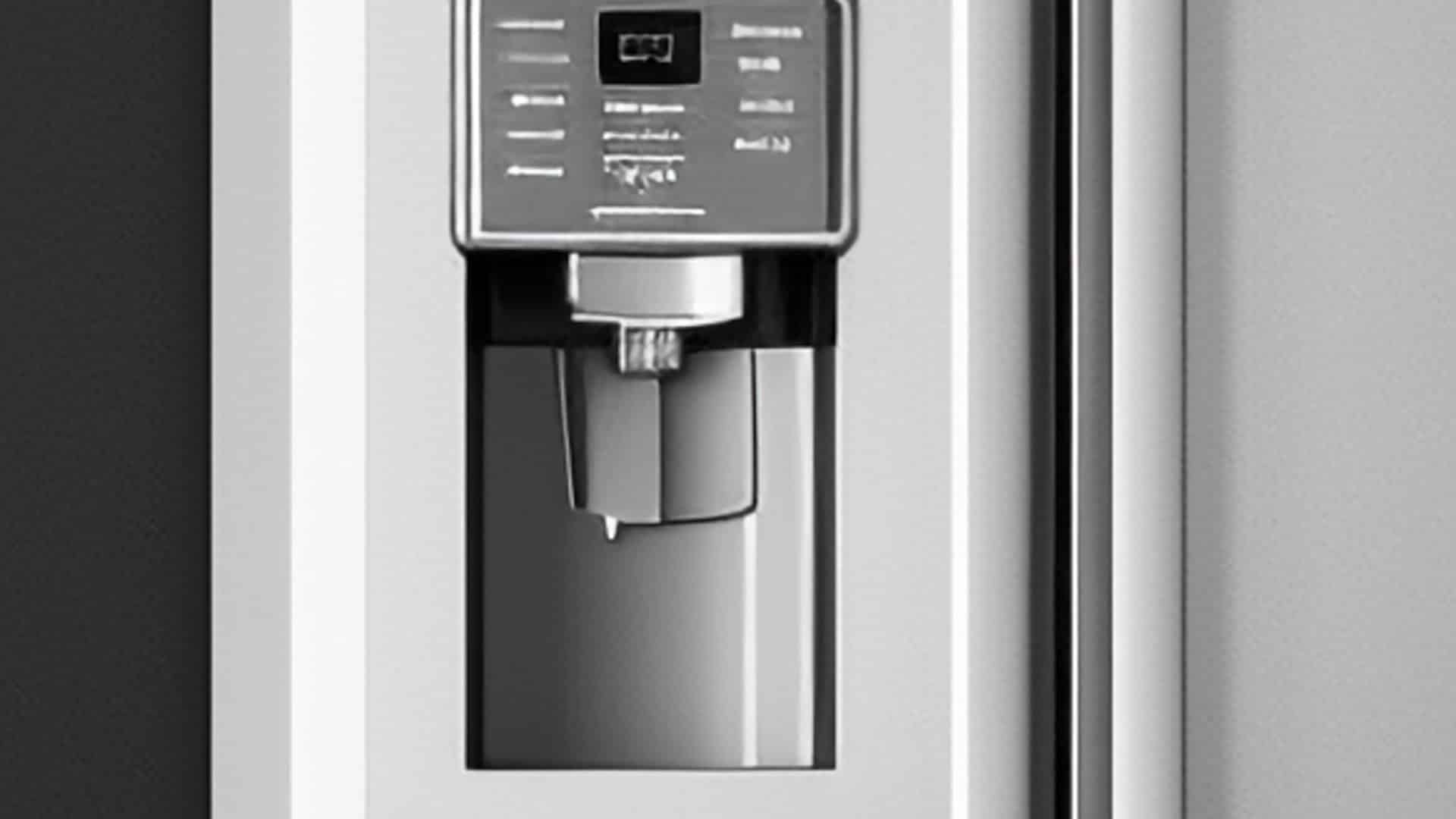
Why Is Your LG Refrigerator Not Cooling? (9 Common Reasons)
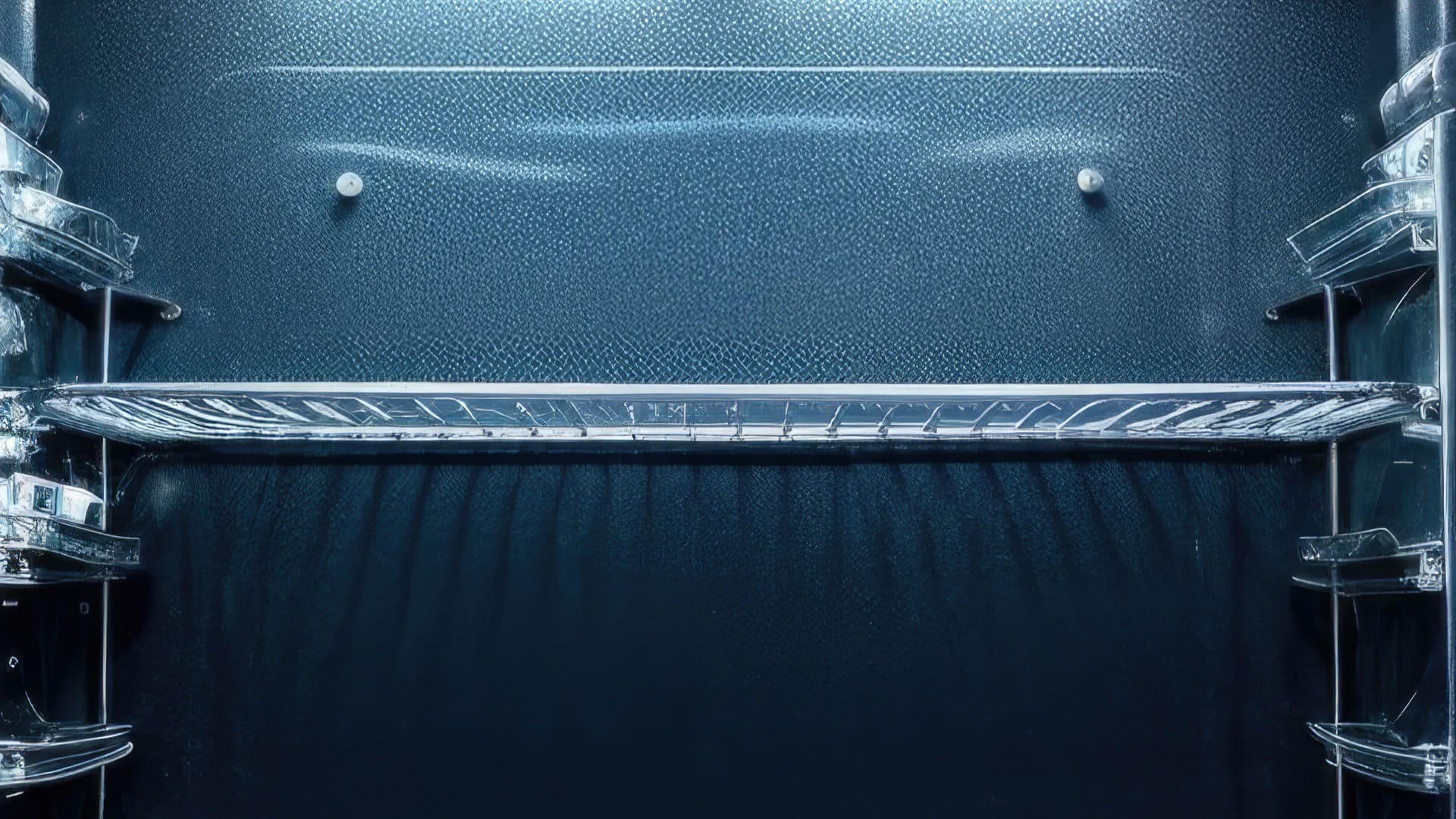
GE Oven F2 Error: Causes & Solutions
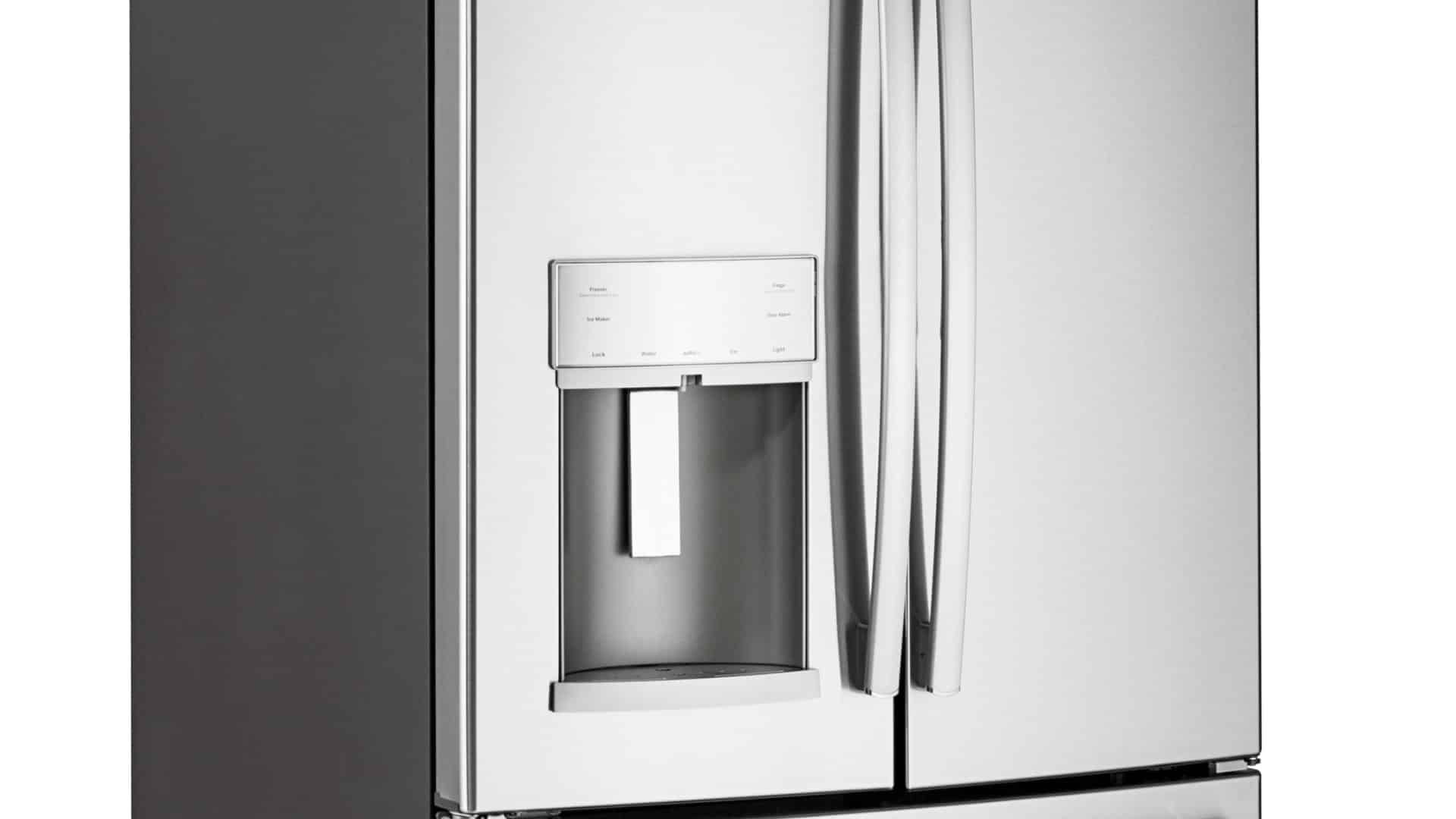
How to Reset the Water Filter Light on a Samsung Refrigerator
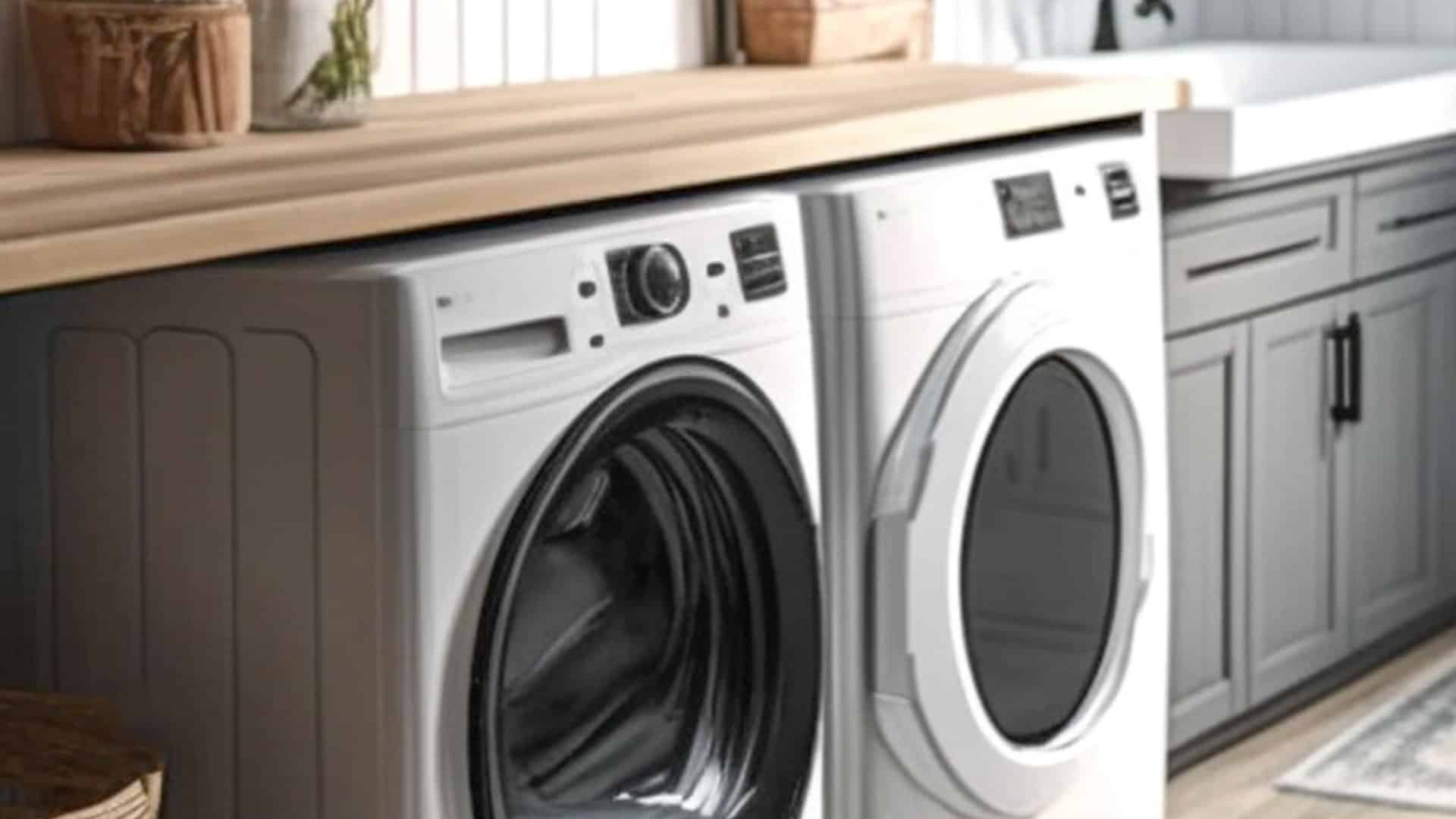
Maytag Washer Showing F5 Error Code? Here’s What To Do
